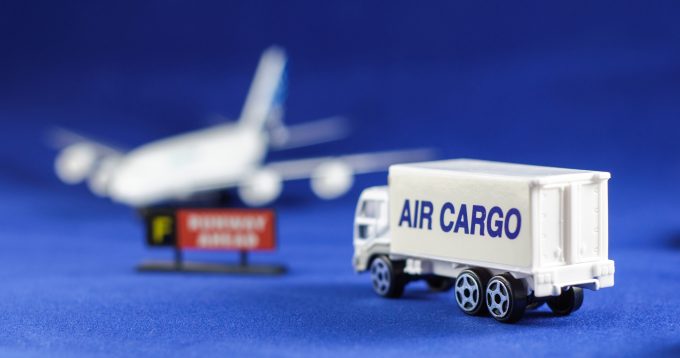Airfreight forwarding a better bet than ocean for investment this year
Forwarders more focused on airfreight will fare better this year than those with a higher ...

The news that air cargo rates have fallen to their lowest level since Drewry launched its airfreight price index in May 2012 will be a blow to an industry struggling to boost quality and retain customers.
Drewry’s Index fell by 3.8 points in February, the fourth consecutive monthly decline, reaching a new low. The index is 18.6 points lower than it was in February last year, and stands at $2.57/kg, for a weighted average of all-in buy rates paid by forwarders on ...
'Disastrous' DSV-Schenker merger would 'disrupt European haulage market'
New senior management for DSV as it readies for DB Schenker takeover
Volumes set to 'fall off a cliff' as US firms hit the brakes on sourcing and bookings
Asian exporters scramble for ships and boxes to beat 90-day tariff pause
Amazon pushes into LTL for small package fulfilment and UPS does a u-turn
Temporary tariff relief brings on early transpacific peak season
Pre-tariff rush of goods from US to China sees air rates soar, but not for long
Forwarders 'allowing the fox into the chicken run' by supporting 'hungry' carriers

Comment on this article
Ayman
March 31, 2016 at 10:26 amHi,
Do you mean that Service Quality is not available or weak in Airfreight industry?
Thanks,
Alex Lennane
March 31, 2016 at 12:39 pmNo, I wouldn’t say that. But there could be a lack of investment which could hamper improvements in service quality.